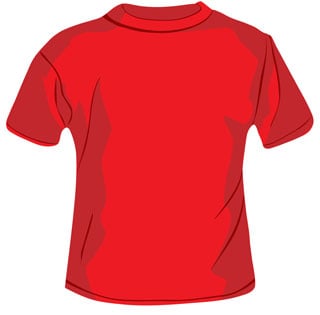Originally posted by SHURTZtheHERTZ
View Post
Announcement
Collapse
No announcement yet.
Landry Shamet Injured
Collapse
X
-
I thought it was crazy for baker to come back and play the year he was hurt. he technically could have got a medical red shirt and got a 6th year of eligibility. marshall knew what he was doing obviously because without him we probably do not make the run to the final 4. marshall will do whats best when time comes. all options will be considered i am sure
-
Someone correct me if I'm wrong but as I recall the thinking at the time was that his chance of getting a medshirt was substantially lowered by the fact that he had already taken a voluntary redshirt.Originally posted by fuball7 View Postno it would have been a medical red shirt and would have made him a 6 year senior. hes already a 5th year guy.
Comment
-
It seemed to be questionable. Sixth years are a new thing.Originally posted by shoxtop View PostSomeone correct me if I'm wrong but as I recall the thinking at the time was that his chance of getting a medshirt was substantially lowered by the fact that he had already taken a voluntary redshirt.Livin the dream
Comment
-
Obviously true. He was HUGE down the stretch. They way the regular season ended though, if he hadn't already redshirted, he more than likely would have.Originally posted by ShockerPhi View PostIf Baker took his medical redshirt, we would not have gone to the final four. We don't get past Gonzaga without Baker. For similar and selfish reasons, I don't want Landry to take the redshirt. I believe he can make the same impact in march.
IIRC, the only way you can get two redshirt seasons, is if they are both medical.The Assman
Comment
-
Actually, pro (and Shurtz), the reason Baker came back his redshirt freshman year was because he wanted to go the Final Four, and he knew it wouldn't happen without him.Originally posted by proshox View PostThe only reason Baker didn't redshirt was the fact that he was already a red shirt. I don't think he planned on being in school for six years.
I thought everyone knew that.
Comment
-
I'm not 100% certain, but I think the NCAA will also look at when the player could reasonably return to action. That is to say, if he could reasonably return in mid-February, but is held out, the NCAA could reject the request on the grounds he was actually healthy for more than 30% of the games.
After writing the previous paragraph, I found this article about medical hardship waivers (granted, it is three years old, so rules may have changed):
 Injuries are a fact of life in sports, but in college they carry extra weight. Serious injuries cause athletes to lose some of the precious time they have
Injuries are a fact of life in sports, but in college they carry extra weight. Serious injuries cause athletes to lose some of the precious time they have
Take note of the bolded portion:
So keeping a player out in hopes of a medical hardship, when he could return to play, is risky.To be eligible for a medical hardship waiver, a student-athlete has to meet the following criteria:
The student-athlete must suffer the injury during one of their four seasons of college competition or during the senior year of high school.
The injury must be incapacitating. That means it must be a season-ending injury.
The injury must occur prior to the start of the second half of the season.
The student-athlete must not have competed in more than 30% of the season or three contests, whichever is greater.
Comment
-
I doubt that comes into play. Wessell got a med red shirt for a broken pinky.Originally posted by RoyalShock View PostI'm not 100% certain, but I think the NCAA will also look at when the player could reasonably return to action. That is to say, if he could reasonably return in mid-February, but is held out, the NCAA could reject the request on the grounds he was actually healthy for more than 30% of the games.
After writing the previous paragraph, I found this article about medical hardship waivers (granted, it is three years old, so rules may have changed):
 Injuries are a fact of life in sports, but in college they carry extra weight. Serious injuries cause athletes to lose some of the precious time they have
Injuries are a fact of life in sports, but in college they carry extra weight. Serious injuries cause athletes to lose some of the precious time they have
Take note of the bolded portion:
So keeping a player out in hopes of a medical hardship, when he could return to play, is risky.
Comment

Comment